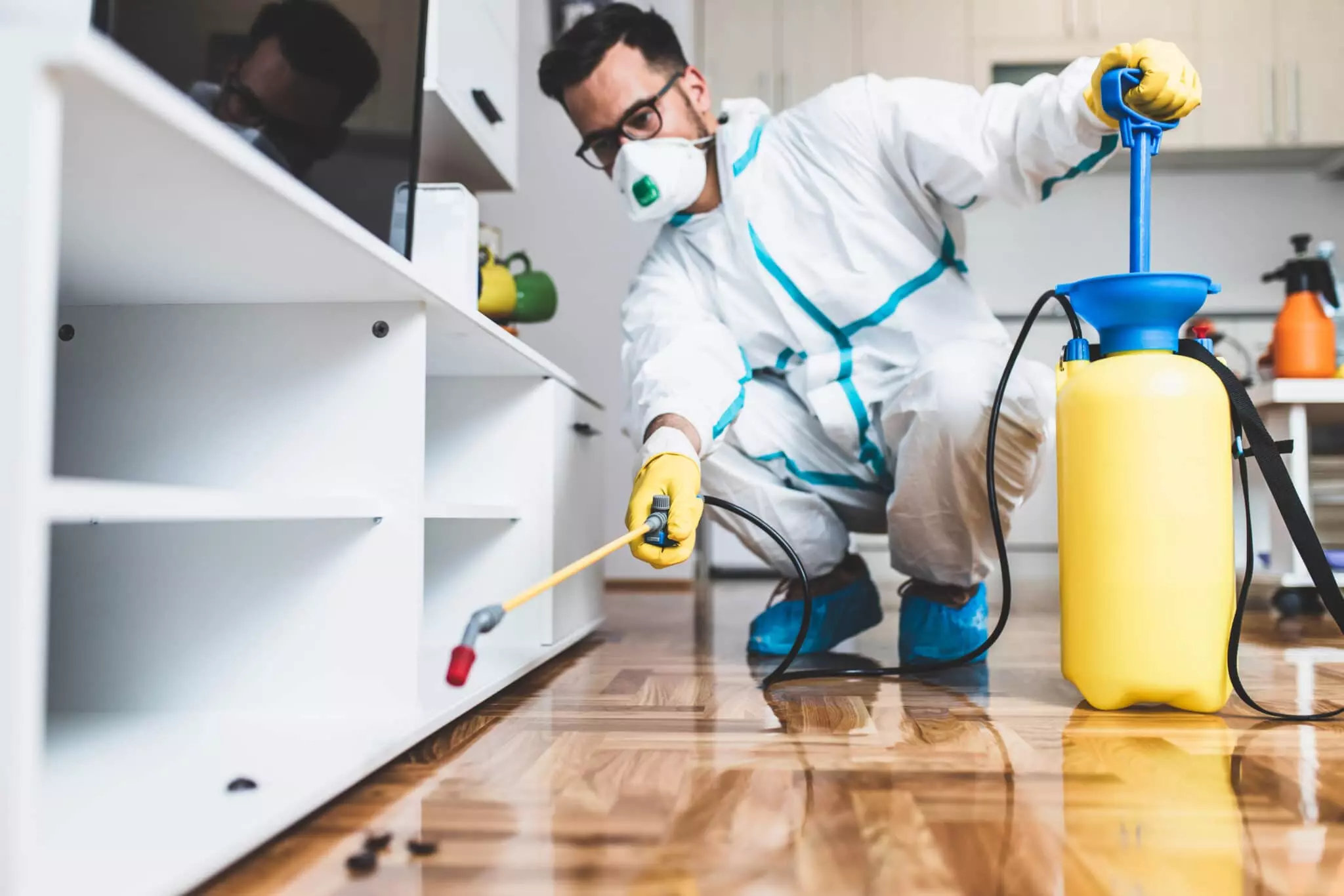Bed Insect Treatment Malfunction: Comparing Chemical Vs. Non-Chemical Solutions
In the world of insect control, particularly when managing the relentless concern of bed bugs, the option between chemical and non-chemical treatment remedies can be a pivotal one. Both methods offer distinctive advantages and downsides, influencing elements such as performance, security considerations, and overall cost. By taking a look at the nuanced details of each approach, a clearer understanding of which path to pursue in dealing with a bed pest invasion can be attained.
Efficiency of Chemical Therapies
Chemical treatments for bed bug infestations have been commonly acknowledged for their powerful and quick effectiveness in eradicating these bugs. When thinking about the effectiveness of chemical treatments, it is important to recognize that they can offer a fast and detailed remedy to a bed insect trouble.
Moreover, chemical therapies have the benefit of providing recurring results, meaning that they can remain to get rid of bed insects even after the preliminary application. This residual action is especially helpful in combating any potential re-infestations. In addition, the fast action of chemical therapies can bring relief to people dealing with serious bed pest problems, allowing them to regain control of their space promptly.
Safety And Security Worries With Chemical Solutions
One essential element that requires mindful consideration when using chemical remedies for bed insect treatment is guaranteeing the safety of occupants and the setting. Exposure to particular chemicals utilized in bed insect treatments can lead to breathing issues, skin irritation, or other unfavorable responses, especially in people with pre-existing problems or level of sensitivities.
Furthermore, the environmental influence of chemical options is one more substantial consideration. Some chemicals made use of in bed bug therapies might be unsafe to advantageous pests, wildlife, and ecosystems if they leach into the dirt or water systems. It is necessary to use chemical therapies deliberately, complying with safety and security guidelines, and thinking about much less hazardous options to mitigate these dangers and guarantee the safe and effective management of bed pest problems.
Benefits of Non-Chemical Methods
Considering the potential safety worries and ecological impact related to chemical services for bed insect therapy, discovering non-chemical strategies presents a promising alternative with numerous distinctive advantages. Non-chemical approaches offer a safer alternative for households, especially those with kids, individuals, or family pets conscious harsh chemicals. These approaches eliminate the dangers of exposure to harmful substances, decreasing the possibility for adverse health impacts. Moreover, non-chemical treatments are environmentally pleasant, as they do not add to air or water air pollution, making them a lasting option for insect control.
In addition, non-chemical services can be efficient in targeting bed insects, including hard-to-reach areas where chemical therapies might not permeate - A1 bed bug exterminator pesticide control service charlotte. Approaches such as heat treatment, vacuuming, vapor cleaning, and bed mattress encasements provide comprehensive obliteration without the use of hazardous chemicals.
Limitations of Non-Chemical Treatments

Additionally, non-chemical treatments frequently call for multiple applications to accomplish effective elimination. This can be time-consuming and might not always assure complete elimination of all bed bugs and their eggs, especially in hard-to-reach or concealed locations.
Furthermore, the success of non-chemical treatments heavily depends on correct execution and thoroughness, which can be challenging for individuals without professional expertise. Insufficient application of non-chemical techniques might cause incomplete elimination, leading to consistent problems and the need for extra therapies.
Consequently, while non-chemical therapies have their benefits, it is vital to recognize these constraints and consider them when figuring out one of the most pest management services effective technique for managing bed bug infestations.
Price Contrast: Chemical Vs. Non-Chemical Options
Given the restrictions associated with non-chemical therapies, a necessary element to examine in the context of bed pest monitoring is the price contrast in between chemical and non-chemical choices. Chemical treatments commonly entail the application of pesticides by specialists, which can range from $250 to $900 per area, relying on the intensity of the problem and the dimension of the location to be treated. In comparison, non-chemical therapies like heat therapy or heavy steam can be more expensive, with prices ranging from $1,000 to $6,000 for an entire home. While the preliminary expense of chemical therapies may appear lower, multiple therapies might be needed to fully eradicate the infestation, possibly raising the total price. On the other hand, non-chemical alternatives may provide a much more lasting and environment-friendly option, although they can be cost-prohibitive for some individuals. Inevitably, when taking into consideration the price of bed bug therapy choices, it is necessary to weigh the ahead of time expenses versus the efficiency and lasting sustainability of the selected method.
Final Thought

Thinking about the possible security problems and ecological impact connected with chemical remedies for bed bug therapy, checking out non-chemical approaches provides an encouraging alternative with a number of distinctive benefits.Provided the limitations connected with non-chemical therapies, a crucial aspect to review in the context of bed bug administration is the expense contrast in between chemical and non-chemical options. In comparison, non-chemical therapies like warm treatment or vapor can be a lot more costly, with costs varying from $1,000 to $6,000 for an entire home. While the initial cost of chemical therapies may appear lower, several treatments may be called for to fully eradicate the like this problem, potentially increasing the overall expense.In final thought, when contrasting chemical and non-chemical bed insect therapy choices, it is essential to think about performance, safety, benefits, restrictions, and price.
Comments on “A1 Bed Bug Exterminator Charlotte - Specialized Bed Bug Removal”